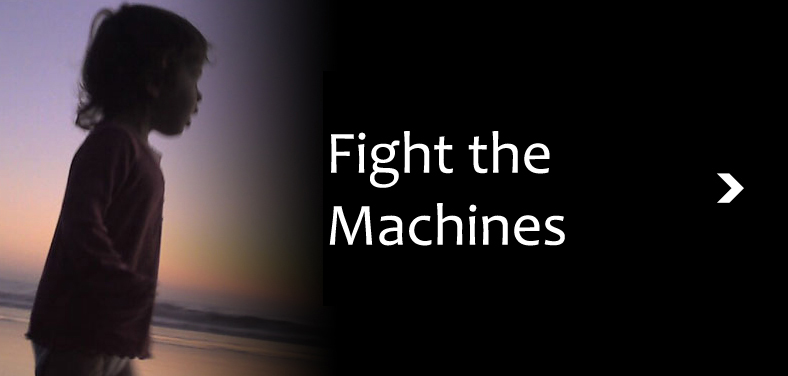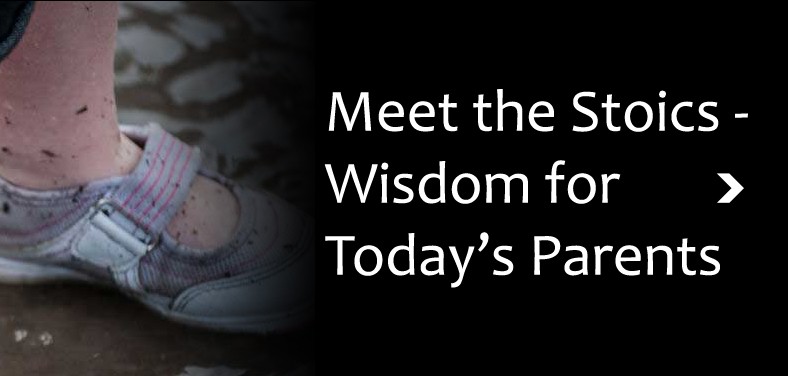I am a huge fan of Janet Lansbury, who comes out of the Emmi Pikler/Magda Gerber tradition (as do I, in my way). In the last few years, her (wonderful) teaching on toddler discipline has started to include “Be the strong leader your child needs,” and, when the stuff is going down, “act like a CEO.” Her version CEO is be calm, and confident, and matter-of-fact. When the CEO says, and shows, “we can handle this” people can release anxiety, and get back to work. A good CEO creates a group mindset –a style of thinking, for the organization, through demonstration: “How we do things around here …” “how we think about things around here” are shown, not told.
I was a CEO for a while, and I’ve coached business leaders. It’s great language for a type of parent presence it’s good to have in the toolbox. I’d like to “color it in” based on my experience.
The opportunities are rare and random: You don’t know when the key moment will come – but you can be sure you’ll be closely watched.
The CEO, like the parent, has multiple roles – so we are not talking driving long-term strategy and making strategic investment decisions and coordinating stakeholders, even though setting up another year of school can feel like that – part of the CEO and the Parent’s shared burden of managing key relationships, and allocating resources, including their own time and attention.
To “Zoom in” a little, the part Janet is talking about is the role of the business leader in relationship to the individual; from the point of view of the person being served. (it’s worth noting that once things are set up, parents are usually in a “wants nothing” mode of watching things play out, while the CEO is always in a “wants something” mode.)
Here are something things CEOs do that apply to parenting:
1. Creating certainty
In a rapidly-growing company, the CEO’s more important role (besides DROOC, or “do not run out of cash”) is making the future predictable. “You will get paid, we will deliver it on time, we’ll still be here in a year, we’re going to make our numbers, you will feel good.” With the basic security that comes from a predictable future, people can release anxiety to focus on learning and growing (with kids, we call it “playing”). This is especially important when you want to support risk-taking, exploring the unknown, and learning.
Parents do the same thing – in big and small ways. Routine creates comfort and confidence. Parents are predictable: the show up when and where they say the will. The consequences of choices are consistent. The bedtime routine is consistent. That steadiness is the foundation that allows for challenge, and growth – (even when the challenged is testing the foundation!)
2. Modeling & Providing Context
When there is a bad surprise, people look to the CEO. If she is calm, is known to have experience, and is matter-of-fact, everyone can relax and get back to doing their part. The CEO models behavior and values – how she deals shows everyone “how we do things around here.” When things go way bad, the CEO helps everyone see it through her framework: “this is bad luck. We are going to have to have some pain, but we can deal with this.” The CEO gives confidence by modeling confidence. Often,
3. Healthy Detachment
CEOs who care have strong feelings for their teams and their people. And yet, sometimes they have do things that hurt the people they are caring for. At these times, they are not speaking personally, but are reflecting “reality” in a way that lets people understand their options and the implications of their choices. Giving people bad news is one of the worst parts of the job – but as with any other boundary, it explained as a matter of fact: “Because you can’t meet the job’s requirements, we are going to make a change.” “You threw all of your food on the floor, so lunchtime is over.” At these moments, the CEO/Parent feels a need to offer comfort, but choses instead to play their role effectively. (one of the basics of discipline/boundary setting is you cannot comfort your child and clarify a boundary at the same time.) If they are freaking out because you said “No” it is not the time to say “Yeah, it’s unfair, I’m super mean, let’s go get ice cream.” Your “No,” your limit-setting, these aren’t personal attacks on your child, even if they may act hurt in a way that suggests that is the case. You are reflecting reality; you are telling the truth and helping them learn.
4. Resources and Environment: Setting the Stage
The CEO “sets the tone for the space.” Not only by what they attend to, but also by decisions related to what’s in there, who is in there, priorities, and values. Also, you have to make sure the tools needed are there, and try to keep distractions at bay – you want people to be free to focus.
5. Okay, so what about the Secret Tricks?
The Presence is an act. Everyone’s faking it. To pull it off consistently over time people need to think you are smart about what matters. If you’ve been around and don’t talk too much you can get experience and start to believe in yourself, too. In the mean time, people are likely to work with you if you are respectful, curious, and paying attention. You offer no judgement.
Here are some specifics you can use:
• Listening has a spiritual aspect – it’s a practice like a martial art (CEO listening is more directive, again – than the open-listening of parents).
• When you want people to know you’re listening, raise your eyebrows and lean forward;
• Listen without interrupting, or jumping ahead of the other person’s thoughts
• Accept pauses – if you let the silence last just a little bit longer than you are comfortable, good stuff often comes out
• Don’t judge or let it be about you – both stop learning.
• Stall – and let the other person figure it out. “I’ll tell you later” is fine. So is “Maybe, but I am not going to say ‘Yes’ now.”
• Set Expectations – sometimes explore the worst case. (Basically, doing basic Stoic exercises with the individuals you support).
• Manage your body language. You’re being watched. Manage your body through breathing – breathe – then respond.
• Go slow. You always have more time than you think you do. People are going to take a visual read of you – so let them do that before you speak. Sometimes, you want to count to 5 by tapping your fingers, or something that won’t clog your mind – to give yourself a chance to breathe.
• Rehearse important stuff. Work it through with someone else. Do the same with reviewing your performance only in terms of how it affects those you are caring for. You can always learn – you better.
• Know your role. When it’s unclear, or shifting, explain it. (Parents’ different roles explained elsewhere.)
• Communicate your own experience, when it is best for them. Know it is not about you.




Add comment